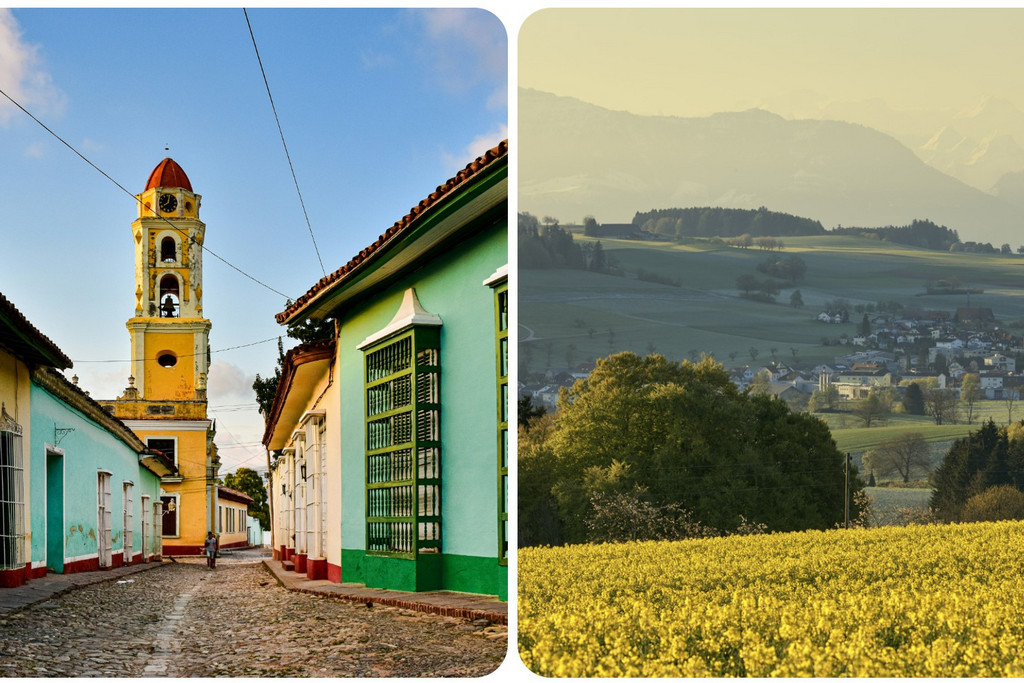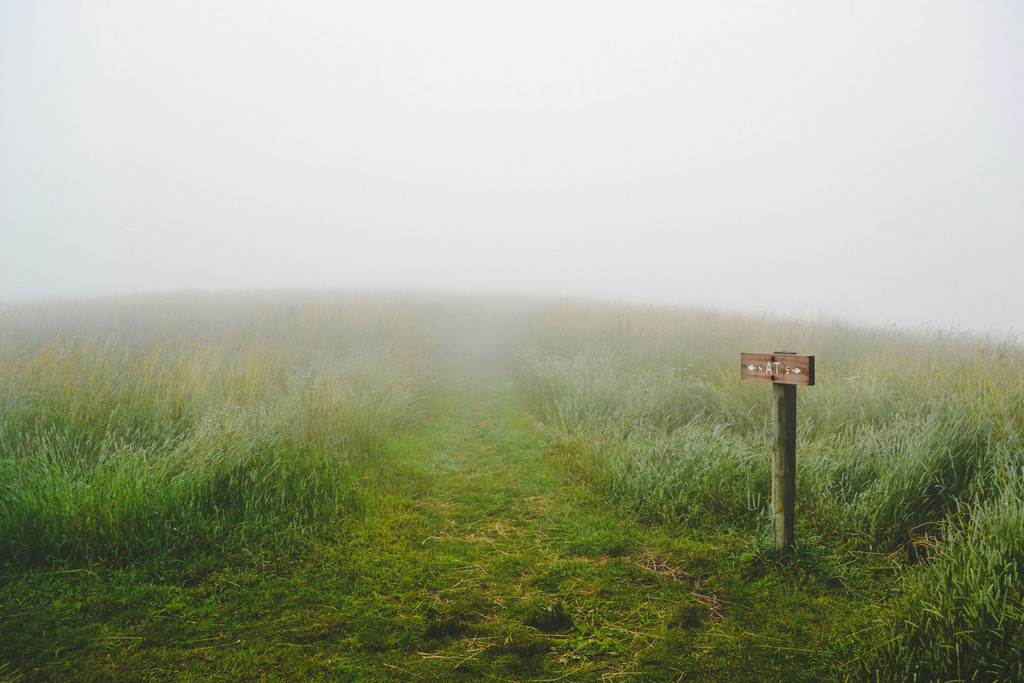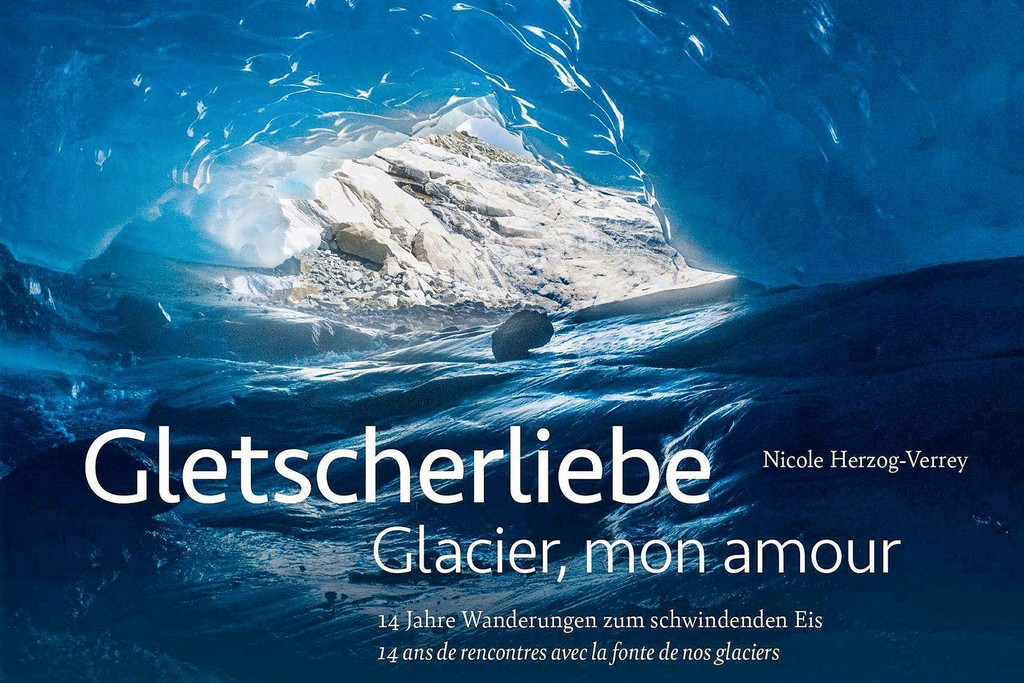German-speaking Switzerland
Alex Capus, “Königskinder” (Hanser):
Capus is one of the best storytellers of contemporary Swiss literature.
Heinz Helle, “Die Überwindung der Schwerkraft” (Suhrkamp):
An expertly told story about the search for a deceased brother.
André Holenstein, Patrick Kury, Kristina Schulz, “Schweizer Migrationsgeschichte, von den Anfängen bis zur Gegenwart” (Hier und Jetzt Verlag):
A non-fiction book about the hysteria surrounding migration.
Lukas Holliger, “Das kürzere Leben des Klaus Halm” (Zytglogge):
An amusing, idiosyncratic and original novel based in Basel.
Jonas Lüscher, “Kraft” (C.H. Beck):
Seldom has anyone exposed the New Economy ideology so brilliantly and with such wit.
Gianna Molinari, “Hier ist noch alles möglich” (Aufbau):
A spooky yet subtle story about threats and borders.
Anita Siegfried, “Blanchefleur” (Bilgerverlag):
A light historical novel full of lively characters.
Peter Stamm, “Die sanfte Gleichgültigkeit der Welt” (S. Fischer Verlag):
The author returns to his literary beginnings and former strength.
Vincezo Todisco, “Das Eidechsenkind” (Rotpunktverlag):
A poetic and captivating story about a boy who illegally immigrated to Switzerland and is forced to hide.
Julia Weber, “Immer ist alles schön” (Limmatverlag):
A sad yet beautiful, wonderfully eloquent and idiosyncratic book.
French-speaking Switzerland
Jean François Billeter, “Une autre Aurélia und Une rencontre à Pékin” (Allia):
A moving diary of mourning and an account of an intercultural love story.
Laurence Boissier, “Rentrée des classes” (art&fiction):
The Geneva-based author carefully recounts how ten-year-old Mathilde finds her way back to life after her father’s disappearance.
Julien Bouissoux, Janvier (L’Olivier):
“What does an employee do when they are forgotten at their job?” A light, melancholic satire of our working world.
Elisa Shua Dusapin, “Les Billes du Pachinko” (Zoé):
An enchanting novel about relationships between generations, about foreigners and home.
Claudine Gaetzi, “Grammaire blanche” (Samizdat):
A poetic plunge into inner and outer spaces, carefully remembering and progressing.
Rinny Gremaud, “Un monde en toc” (Seuil):
The author travels around the world and takes an attentive and ironic look at special places, or non-places: shopping malls.
Pascale Kramer, “Une famille” (Flammarion):
The author skillfully recounts the everyday life of a family living in the shadows of the alcohol addiction of the son and brother.
Pierre Lepori, “Nuit américaine” (Éditions d’en bas):
Alex the journalist flies to America during a life crisis and wanders through the metropolis: a tragicomic impression of life.
Bruno Pellegrino, “Ici, août est un mois d’automne” (Zoé):
The author retraces the life of the poet Gustave Roud and his sister Madeleine.
Philippe Rahmy, “Pardon pour l’Amérique” (La Table ronde):
A legacy of the author who died in 2017. He gives a voice to people who have been wrongly imprisoned.
Ticino
Laura Di Corcia, “In tutte le direzioni” (Lietocolle):
The volume contains, among other things, poems for which the young poet won a prize in 2017.
Andrea Fazioli, “Succede sempre qualcosa” (Casagrande/Guanda):
A volume with subtle short stories and a new detective novel starring private detective Elia Contini.
Giorgio Genetelli, “La partita” (Edizioni Ulivo):
With hardly any belongings, Damian settles down in an abandoned house. What are the reasons for his escape?
Federico Hindermann, “Sempre altrove” (Marcos y Marcos):
The delicate poems of the poet, who died in 2012, published in a carefully compiled and comprehensive anthology.
Anna Ruchat, “Gli anni di Nettuno sulla terra” (Ibis):
In 12 short stories, the author explores human life in the passage of time.
Alexandre Hmine, “La chiave nel latte” (Gabriele Capelli):
The autobiographical novel recounts how the son of a Moroccan mother grows up in Ticino.
Pierre Lepori, “Quasi amore” (Sottoscala):
In 45 poems, the Ticino-based author melancholically and melodically praises his near-love or lover.
Fabio Pusterl, “Cenere, o terra” (Marcos y Marcos) and “Una luce che non si spegne” (Casagrande):
The poet circles around the elements and portrays companions.
Luca Saltini, “Una piccola fedeltà” (Giunti):
Love, money and power in Romania during the reign of the dictator Ceausescu. A dramatic historical novel.
Maria Rosaria Valentini, “Il tempo di Andrea” (Sellerio):
After a stroke and a separation, Andrea is in hospital and his thoughts revolve around episodes from his past.










Comments